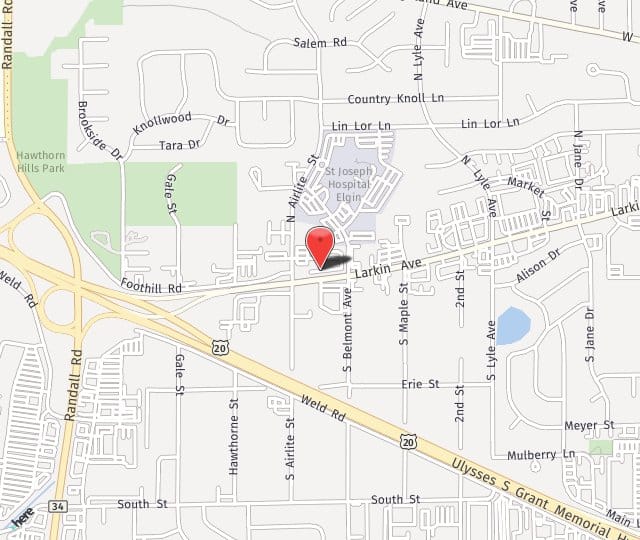Body Dysmorphic Disorder (BDD), also known as dysmorphophobia, the fear of having a deformity, is a chronic psychiatric disorder in which patients become preoccupied with a perceived physical defect in a body part.
A patient with BDD may obsess about the size, shape or texture of a facial feature, thigh, arm muscles or genitalia, or the presence or absence of hair, feeling ashamed to the extent that normal functioning becomes difficult or impossible. Although the defect is imaginary or wildly exaggerated in the patient's mind, for the patient with BDD it dwarfs all other aspects of personal physical reality. BDD is a serious illness. Left untreated, it may lead to suicidal thoughts or actions.
Causes of BDD
While the specific causes of BDD are not known, it appears to result from some combination of physiological and environmental factors.
Brain Differences
Abnormalities in brain structure or neurochemistry may play a role in causing body dysmorphic disorder. There is some evidence that patients with this disorder have problems with certain neurotransmitters in the brain, the same neurotransmitters which can lead to depression, anxiety and other mental health issues.
Heredity
Some studies show that BDD is more common in patients whose biological family members also have the condition, indicating that there may be at least one gene associated with this disorder.
Environment
Life experiences may contribute to body dysmorphic disorder, especially if they involve negative feedback about the patient's body. Traumatic childhood experiences, ongoing criticism about personal appearance, and any interactions which contribute to damaging self-esteem may be causative factors in the development of BDD. It is also believed by some professionals that societal pressure to conform to certain hard-to-achieve standards of physical beauty may be a factor in the development of the disorder.
Symptoms of BDD
Patients with BDD are not just self-conscious, but fixated on perceived physical defects to the point that they may have difficulty socializing or carrying on a normal routine. They are often so preoccupied with their imagined problem that they have difficulty concentrating on anything else, resulting in strained personal, school or work relationships.
Other symptoms of BDD include:
- Preoccupation with, or avoidance of, mirrors
- Frequent touching of the troubling area
- Attempts to cover the area with make-up, clothing, or hair
- Asking for constant reassurance about the body part
- Feeling ugly, unacceptable, unlovable
- Undergoing unnecessary cosmetic surgery
- Grooming or exercising excessively
- Reluctance to be photographed
Diagnosis of BDD
Many patients with this condition are highly embarrassed by their perceived defect and may not be willing to discuss their insecurities with medical professionals, making this condition difficult to diagnose. In order to confirm this condition, the patient's medical history will be evaluated and a physical examination will be performed.
When BDD is suspected, a psychiatrist should be consulted. The patient will be diagnosed through observation and careful questioning in accordance with the criteria for the disorder established in the Diagnostic and Statistical Manual of Mental Disorders, or DSM, a manual published by the American Psychiatric Association. Differential diagnosis is important since BDD has overlapping symptoms with obsessive-compulsive disorder and certain eating disorders.
Treatment of BDD
Effective treatment of BDD involves a combination of treatments such as psychotherapy, medication and group therapy. Medications may be used to relieve anxiety, depression, or compulsive behavior. Psychotherapy, particularly cognitive therapy, is often used. Cognitive behavioral therapy aims to change the patient's way of thinking and provide the emotional support necessary to help the patient develop a more positive self-image.


